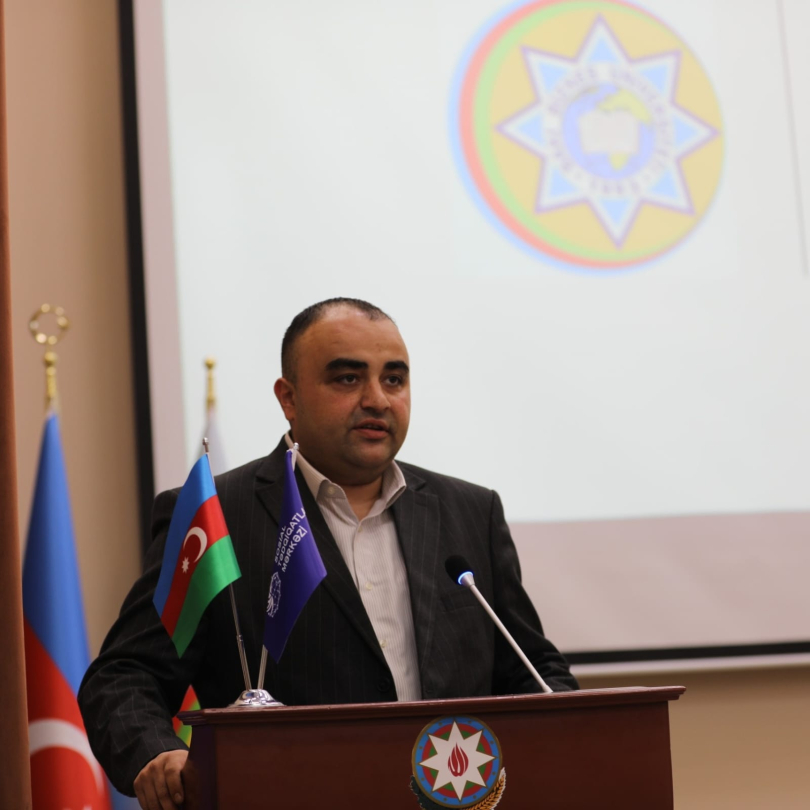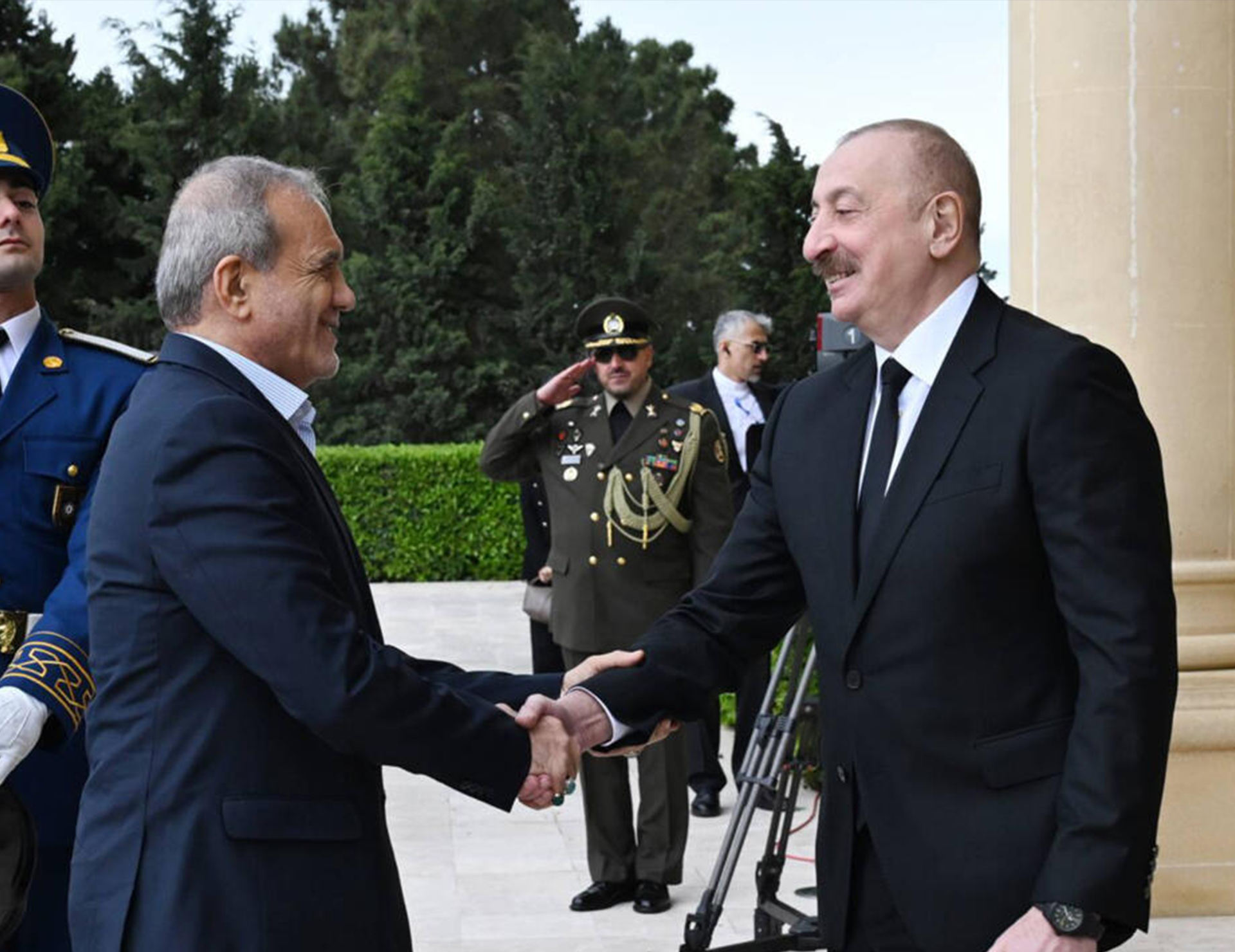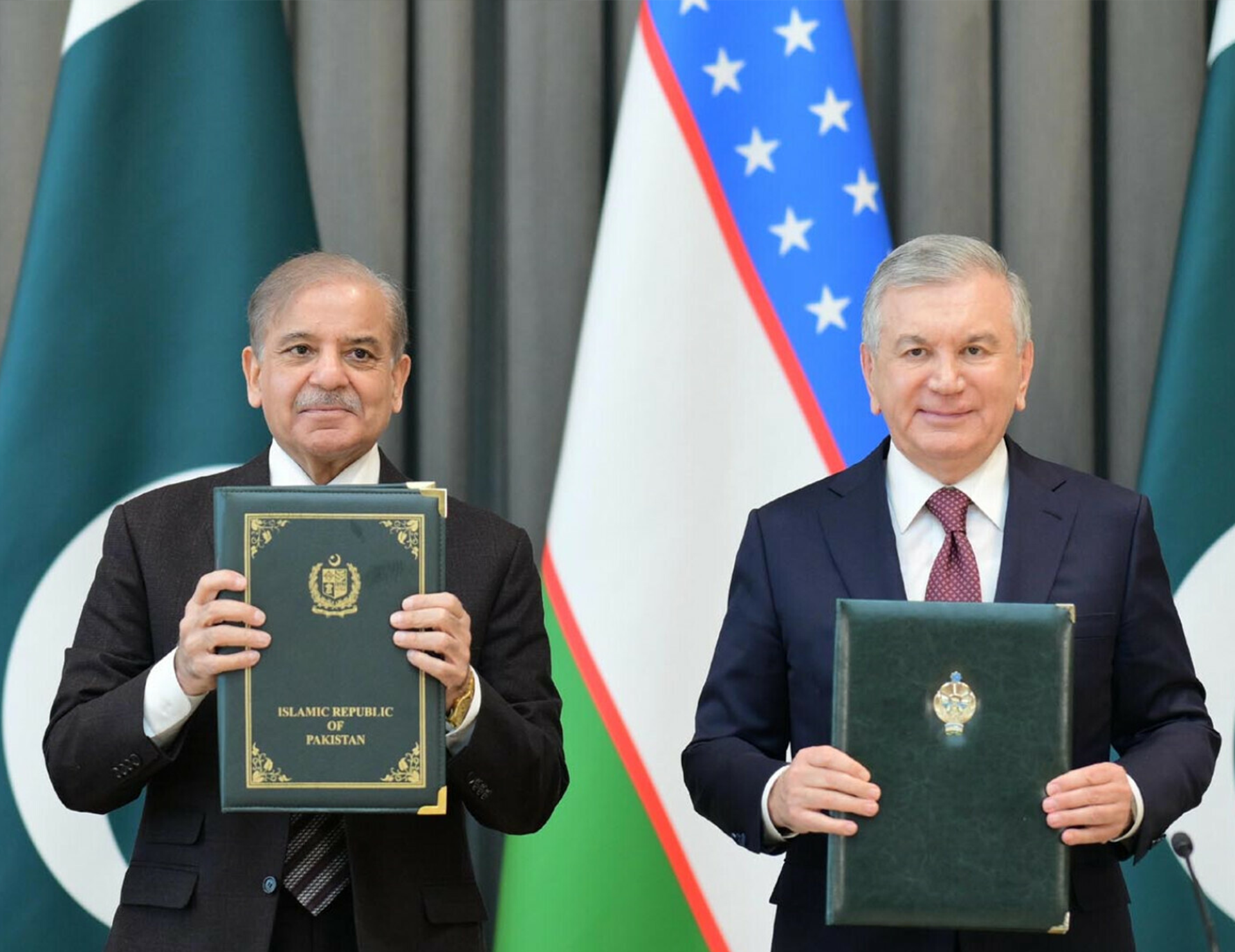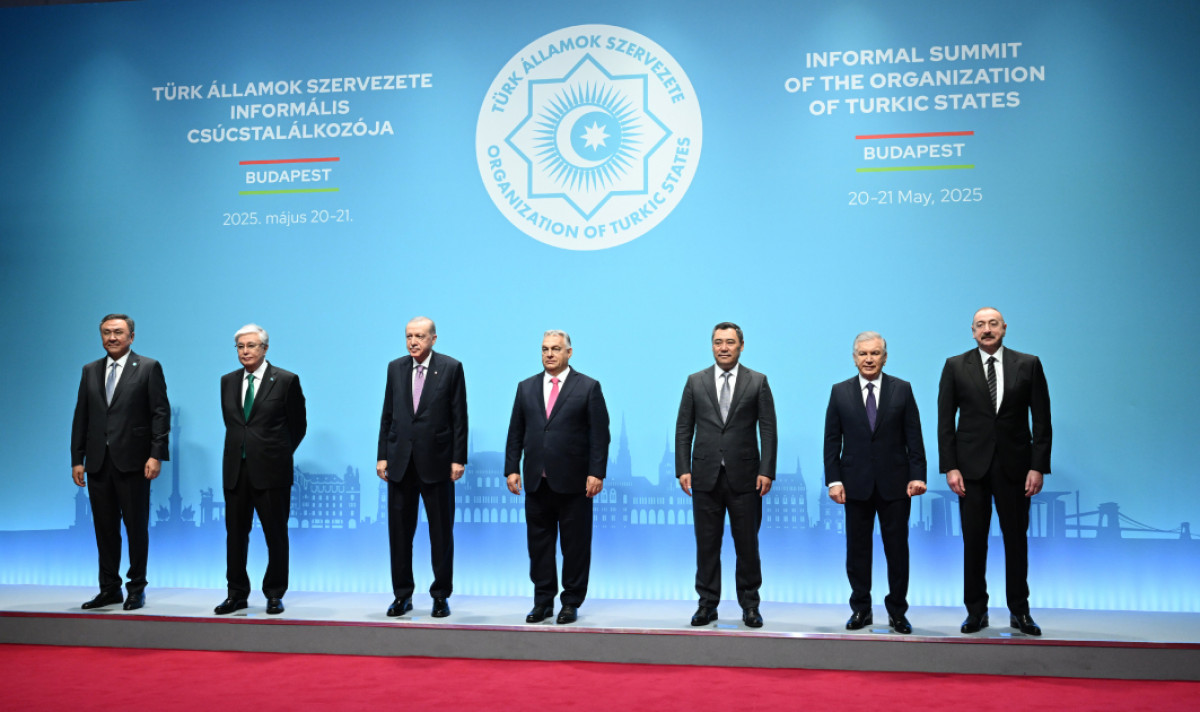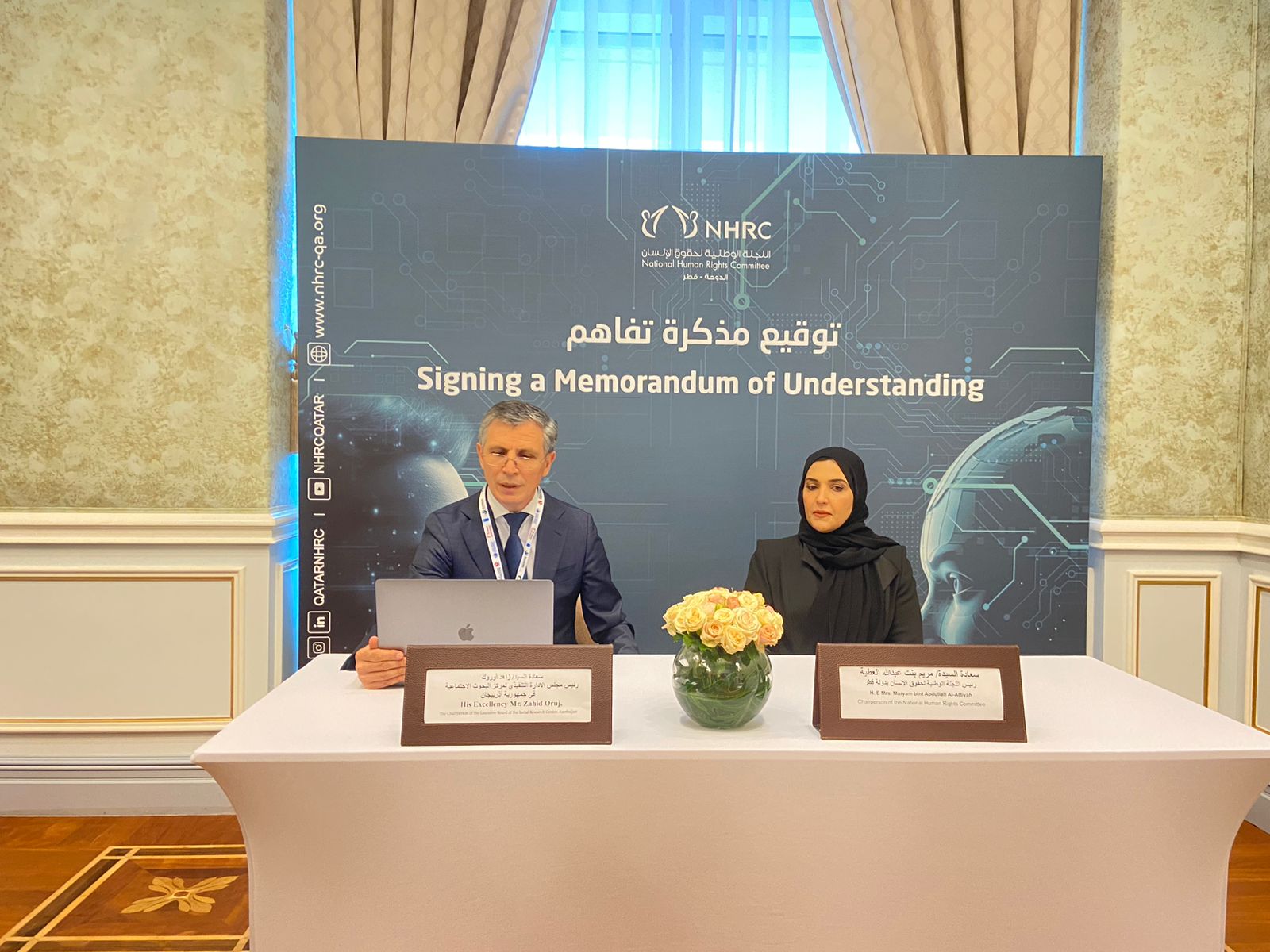The sixth summit of the European Political Community marks a pivotal moment in the evolving political landscape of the continent. Leaders from participating nations are convening to address shared interests and the pressing challenges facing the region. Hosting this high-level forum in Tirana highlights the growing strategic importance of the Western Balkans in the broader European integration process.
Key topics at the summit will include regional security, energy supply, climate change, and economic cooperation. Against the backdrop of ongoing tensions in Eastern Europe, participants are expected to reaffirm their commitment to international law and efforts aimed at maintaining regional stability. Energy security, in particular, has taken on new urgency — with winter approaching, the discussion around diversifying energy sources and securing reliable alternatives is more critical than ever. European leaders are expected to focus on identifying sustainable, long-term solutions in this vital area.
One of the central areas of discussion at the summit will be the strengthening of joint efforts to address the impacts of climate change. Alongside this, participants will focus on boosting economic cooperation, enhancing competitiveness, and advancing sustainable economic development. The summit also serves as a platform for deepening political dialogue and expanding collaboration with countries outside the European Union. A likely focal point of the agenda will be accelerating the integration of Western Balkan countries into the EU. The decisions and declarations emerging from the summit are expected to significantly influence the future direction of European politics and shape the trajectory of regional cooperation. The outcomes could reinforce the European Political Community’s role in promoting peace, security, and prosperity across the continent. The presence of Azerbaijani President Ilham Aliyev at the Tirana summit represents far more than a diplomatic gesture. His participation signals a strategic shift in Baku’s relationship with Europe’s political leadership — a move toward deeper, more consequential engagement. It is yet another clear indication that Azerbaijan is now an essential part not only of Europe’s energy landscape but also of its broader geopolitical discourse.
In recent years, amid geopolitical upheavals, energy crises, and regional conflicts, Azerbaijan has steadily established itself as a stable and reliable partner. This is precisely why, when discussions turn to cooperation with Europe in the fields of energy and security, Azerbaijan is often one of the first countries that comes to mind. President Ilham Aliyev’s remarks in Tirana, along with his bilateral meetings on the sidelines of the summit, have helped clarify the European Union’s stance toward Baku. Azerbaijan has long moved beyond the role of a mere partner — today, it serves as a vital advisor and a key coordination hub in Europe’s strategic landscape.
The peace agenda put forward by Azerbaijan is viewed by European leaders as both serious and constructive — particularly given its significance for promoting stability in the South Caucasus. Against the backdrop of longstanding conflicts, Azerbaijan’s declared political will for peace, supported by consistent, practical steps, has lent President Aliyev’s message a tone of balance, pragmatism, and strategic realism. The meetings in Tirana reaffirmed what has become increasingly evident: Baku is no longer just a regional player — it has become an integral part of the broader European architecture of stability.
Energy security remains one of the key areas where Azerbaijan’s role is especially significant. The Southern Gas Corridor project — and the potential for its expansion — continues to be central to Europe’s efforts to reduce dependence on Russian gas. On this issue, President Ilham Aliyev spoke with unmistakable clarity: Baku honors its promises and adheres strictly to its commitments. This consistency and reliability have earned Azerbaijan not only diplomatic respect, but also a substantial degree of strategic trust — a kind of political capital that reinforces its standing as a dependable partner on the international stage.
Equally important is Azerbaijan’s contribution to the modern international system. The country embodies a model of sovereign policy: an open economy paired with a foreign policy firmly rooted in national interests. This balanced and independent approach has drawn increasing attention on the global stage, shaping what is now recognized as the distinctive Azerbaijani model.
Bilateral and multilateral meetings held during the visit once again showcased Azerbaijan’s diplomatic agility and its measured approach to foreign policy. Through President Ilham Aliyev’s multidimensional diplomacy, Baku is carving out its own national orbit—a new model of political behavior that carries significance not only for the region but for the entire international system.
The Tirana summit served as further evidence of Azerbaijan’s rising diplomatic activity and growing geopolitical influence. One of the West’s most complex political arenas—the European Political Community—stands as a clear indicator of the country’s political standing and leadership potential. To hold a prominent position on such a platform, mere presence is not enough; one must set the agenda. Ilham Aliyev is confidently fulfilling that role.
“We are not only part of the region’s future but also that of the entire continent.” This message has already been embraced by European political circles and is bound to resonate even more widely over time. Azerbaijan’s growing influence in matters of stability, energy, and diplomacy positions it as a key pillar of the continent amid global uncertainty and change.
Tural Ismailov
SRC Sector Head

